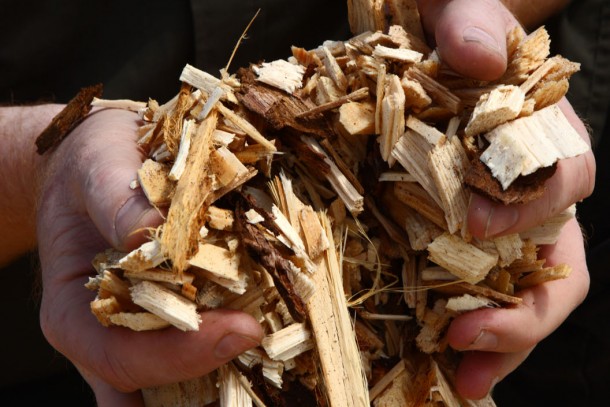19.08.2013 | News

NEFCO has provided a loan to Komi District Heating Company for upgrading ten boiler plants in the Republic of Komi in Russia. According to the terms of the agreement, the funds from the loan will be used to replace outdated boilers with new steel models to promote energy efficiency.
The modernization process will be carried out in the municipal districts of Koigorodsky, Kortkerossky, Ust’-Kulomsky and Troitsk-Pechorsky, and is expected to reduce coal consumption by about 1,400 tonnes, which will translate to carbon dioxide emissions reductions of over 3,100 tonnes per year. The new boilers also herald the possibility for a gradual fuel switch from coal to biomass or wood waste.
All in all, the project will save close to 6.2 million RUB annually as a result of reduced energy costs. NEFCO will finance the energy efficiency project with a loan from its Facility for Energy Saving Credits. The loan is disbursed by Raiffeisen Bank, which is NEFCO’s intermediary bank in Russia.
“This is the first project financed by our Facility for Energy Saving Credits in the Komi Republic, and we are gladly looking forward to expanding our presence in the region”, says NEFCO’s Chief Investment Adviser, Vitaly Artyushchenko.
NEFCO’s Facility for Energy Saving Credits is a loan programme, which provides funds to finance energy saving measures in municipally owned buildings such as schools, day-care centres, hospitals and sports facilities. At the moment, the facility only provides loans to Russian and Ukrainian local authorities and publicly owned companies. Under the terms of the facility, NEFCO may finance, in local currency, up to 90 per cent or EUR 400,000 of the investment costs of any project being financed under the credit programme.
Find the project locations on the map
Learn more about the Facility for Energy Saving Credits
Read more about another recent energy saving project in Russia